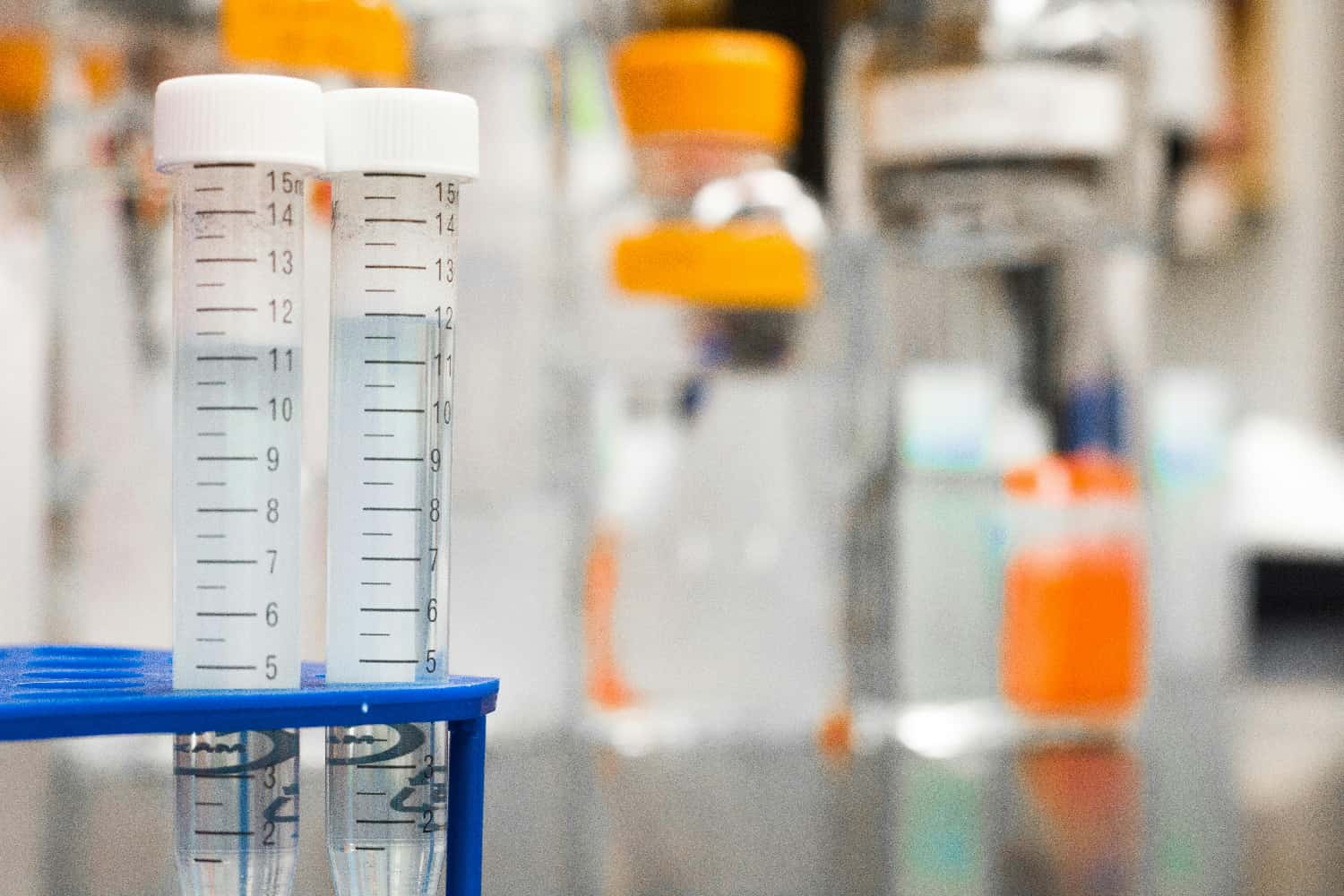Here we uncover certain aspects of cocaine use. We will exploring how long is cocaine in your system as well the broader implications of its presence in your life. We will understand the tests used to detect cocaine. Secondly, we will look at the deeper, often unspoken questions about addiction.
We cover a range of topics aimed at shedding light on this complex issue. It’s a comprehensive look at the effects of cocaine, the science of its detection, and the personal journey of those who use it.
The Lingering Guest: How Long Is Cocaine in Your System?:
Cocaine, whether inhaled as powder or smoked as crack, rushes into your system with the force of a freight train. Nonetheless, its departure is far more lingering and nuanced. When it enters, it skyrockets dopamine levels in your brain. Not so much opening the floodgates as blowing them off entirely.
This dopamine deluge is what brings that euphoric high. But their cocaine’s effects on your neurotransmitter systems are neither simple nor easy to reverse.
The half-life of cocaine—the time it takes for half of the drug to be eliminated from your body—is roughly an hour. This might seem quick, but there is more. Metabolites, the byproducts of your body processing cocaine, hang around much longer. Benzoylecgonine, for example, can be detected long after the cocaine itself has left the building.
Cocaine Tests and Result Times
When it comes to understanding “how long is cocaine in your system,” the lens we use to look makes a difference. Blood tests, urine tests, hair follicle tests—they each tell a part of the story.
- Urine Tests: The most common is capable of detecting cocaine metabolites up to 3 days after use. For heavy users, though, this window might extend up to 2 weeks.
- Blood Tests: These offer a narrower window, typically up to 2 days, reflecting more immediate use.
- Hair Follicle Tests: The long-term historians of the bunch, hair tests can reveal cocaine use months, even up to 90 days, after the fact.

The Bigger Question
Asking “How long is cocaine in my system?” might seem like a practical question. But it’s a window into a deeper, perhaps more turbulent sea. If you are asking this, you might already be trapped by a substance use disorder.
Cocaine is ruinous. From the erosion of relationships to the wreckage of financial stability, the price of its fleeting euphoria can be steep. More immediately tangible, though, are the health risks—heart attacks, strokes, and respiratory failure, to name just a few. These aren’t distant possibilities; they’re real risks that accompany every use.
The Spiritual Aspect
When in the grip of addiction, a person isn’t just battling a physical dependency; they’re also confronting an emotional and spiritual void. This void can feel like an abyss, a place where light doesn’t reach.
It’s here that the soul begins its search for meaning, for something beyond the high. It’s a search for connection, not just with others but with yourself and with something greater, something sacred.
The Role of Spiritual Guidance
Spiritual guidance plays a pivotal role in navigating the maze of addiction. It offers a sense of hope, a steady light that guides us through the darkest nights of our soul. This guidance doesn’t have to come from religion per se; it can emerge from any belief system that connects us to the universal truths of compassion, love, and resilience—to the Higher Power.
Spiritual mentors, be they counselors, peers in recovery, or figures within our chosen spiritual communities, help us to see our struggles not as failures but as part of our journey towards wholeness.
Spiritual guidance encourages us to connect with our innermost selves, to find the values and beliefs that give our lives meaning beyond the superficial. It teaches us to forgive ourselves, to accept our imperfections, and to embrace the idea that we are worthy of love and belonging, irrespective of our battles with addiction.
A Journey Towards Wholeness
In this search, the first step is to embrace vulnerability. To recognize that admitting we’re lost is not an admission of defeat but a courageous first step towards finding our way back. Vulnerability is the ground where we start building the bridge between our present and a future where addiction doesn’t define us.
This journey of recovery, underpinned by spiritual guidance, is not about finding a quick fix. It’s about engaging in deep, soulful work that asks us to confront our pain, to sit with our discomfort, and to learn from it. It’s about discovering that our worthiness isn’t contingent upon our perfection but is an inherent birthright.
Looking for Addiction Treatment with Spiritual Guidance?
At Covenant Hills Treatment, we understand the complexities of addiction and the courage it takes to seek help. If you or someone you love is struggling with questions about cocaine use and its impact, we’re here to offer support, understanding, and a path forward.
Embracing vulnerability and seeking guidance is a powerful step towards healing. Let us walk this journey with you. Contact us today to learn how we can help you find wholeness and recovery.








